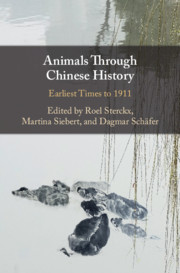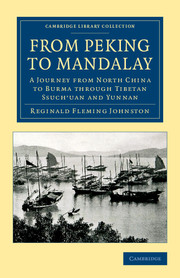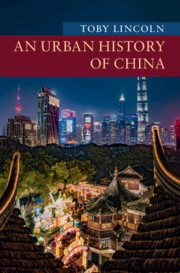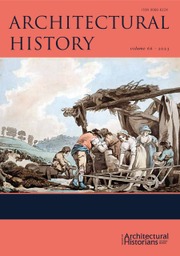Animals through Chinese History
This volume opens a door into the rich history of animals in China. As environmental historians turn their attention to expanded chronologies of natural change, something new can be said about human history through animals and about the globally diverse cultural and historical dynamics that have led to perceptions of animals as wild or cultures as civilized. This innovative collection of essays spanning Chinese history reveals how relations between past and present, lived and literary reality, have been central to how information about animals and the natural world has been processed and evaluated in China. Drawing on an extensive array of primary sources, ranging from ritual texts to poetry to veterinary science, this volume explores developments in the human-animal relationship through Chinese history and the ways in which the Chinese have thought about the world with and through animals. This title is also available as Open Access.
- These essays move beyond the issue of animal symbolism, instead placing animals in the context of evolving knowledge paradigms
- Takes a longue durée view rather than focusing on a particular historical period
- Based on hitherto unstudied materials from China
- This title is also available as Open Access
Reviews & endorsements
‘This thoughtfully edited collection offers rich and varied work by an interdisciplinary community of scholars thinking with and about animals over the longue durée of Chinese history. The volume demonstrates the value of ranging broadly across region, time period, and source, and readers will find exciting new work on animals in agronomy, ritual practices, consumption of all sorts, literature, ethics, material culture, and much more.' Carla Nappi, University of British Columbia
‘This thought-provoking collection represents both the cutting edge of animal studies and a necessary foundation for future scholarship. It reveals the profound material and symbolic influence of animals on state and society, and offers fresh insights into the impacts of four thousand years of human activity on zoological China.' Sigrid Schmalzer, University of Massachusetts, Amherst
‘Animals through Chinese History is a major contribution to Chinese, as well as animal studies. Bringing together leading experts, it explores the changing attitudes towards given species, and the animal world at large, across Chinese history. This rich volume is a must read for anyone interested in Chinese conceptions of nature no less than the global history of the human interaction with non-human animals.' Meir Shahar, Tel Aviv University
‘Animals through Chinese History represents an exciting contribution to the fields of Chinese studies and animal studies. The collection brings together the insights of leading specialists to provide a valuable resource for both scholars and students.’ Rebecca Doran, Journal of the American Oriental Society
‘Drawing upon an impressive range of primary sources, this volume constitutes a collection of essays from various scholarly disciplines that seek to 'open the door to the rich field of animals and knowing in China'.' Joseph Chadwin, Religious Studies
Product details
January 2019Hardback
9781108428156
290 pages
235 × 157 × 18 mm
0.61kg
21 b/w illus. 2 tables
Available
Table of Contents
- 1. Shang sacrificial animals material documents and images Adam C. Schwartz
- 2. Animal to edible the ritualization of animals in early China Roel Sterckx
- 3. Noble creatures filial and righteous animals in early medieval Confucian thought Keith N. Knapp
- 4. Walking by itself the singular history of the Chinese cat Timothy H. Barrett and Mark Strange
- 5. Bees in China a brief cultural history David Pattinson
- 6. Where did the animals go? Presence and absence of livestock in Chinese agricultural treatises Francesca Bray
- 7. Animals as text producing and consuming 'text-animals' Martina Siebert
- 8. Great plans song dynastic (960–1279) institutions for human and veterinary healthcare Han Yi and Dagmar Schäfer
- 9. Animals in nineteenth-century eschatological discourse Vincent Goossaert
- 10. Reconsidering the boundaries multicultural and multilingual perspectives on the care and management of the emperors' horses in the Qing Sare Aricanli
- 11. Animals as wonders writing commentaries on monthly ordinances in Qing China Zheng Xinxian
- 12. Reforming the humble pig pigs, pork and contemporary China Mindi Schneider.








